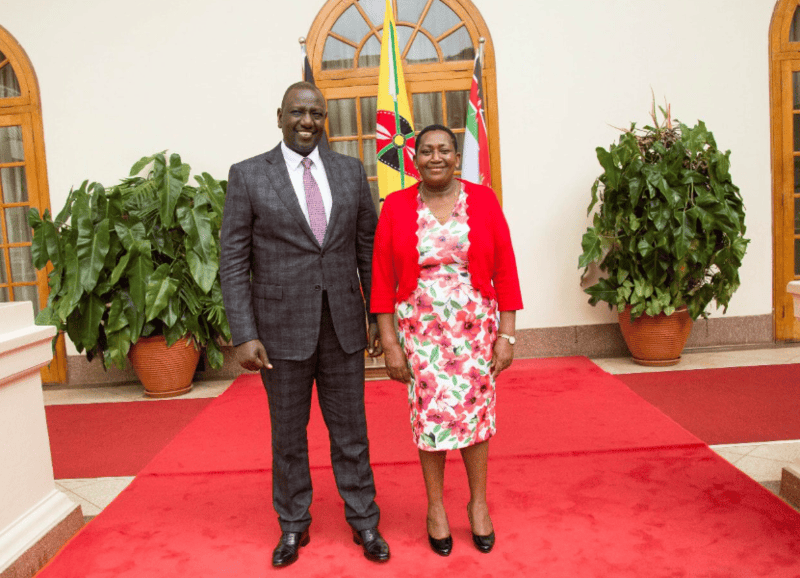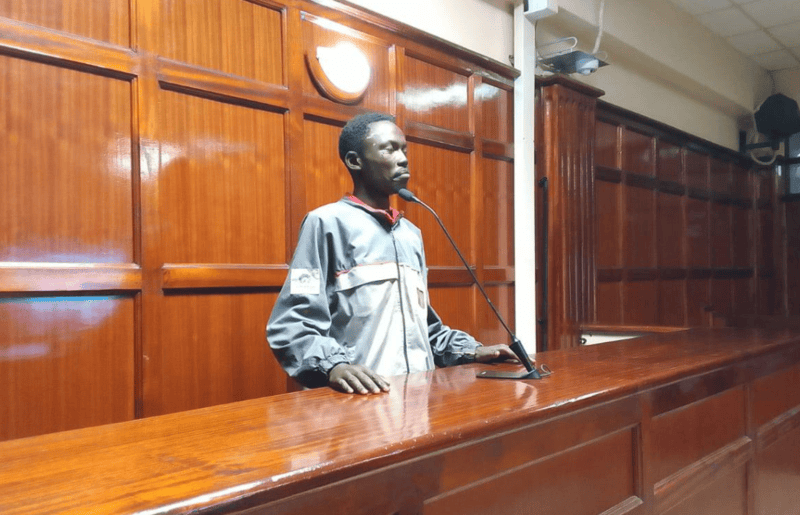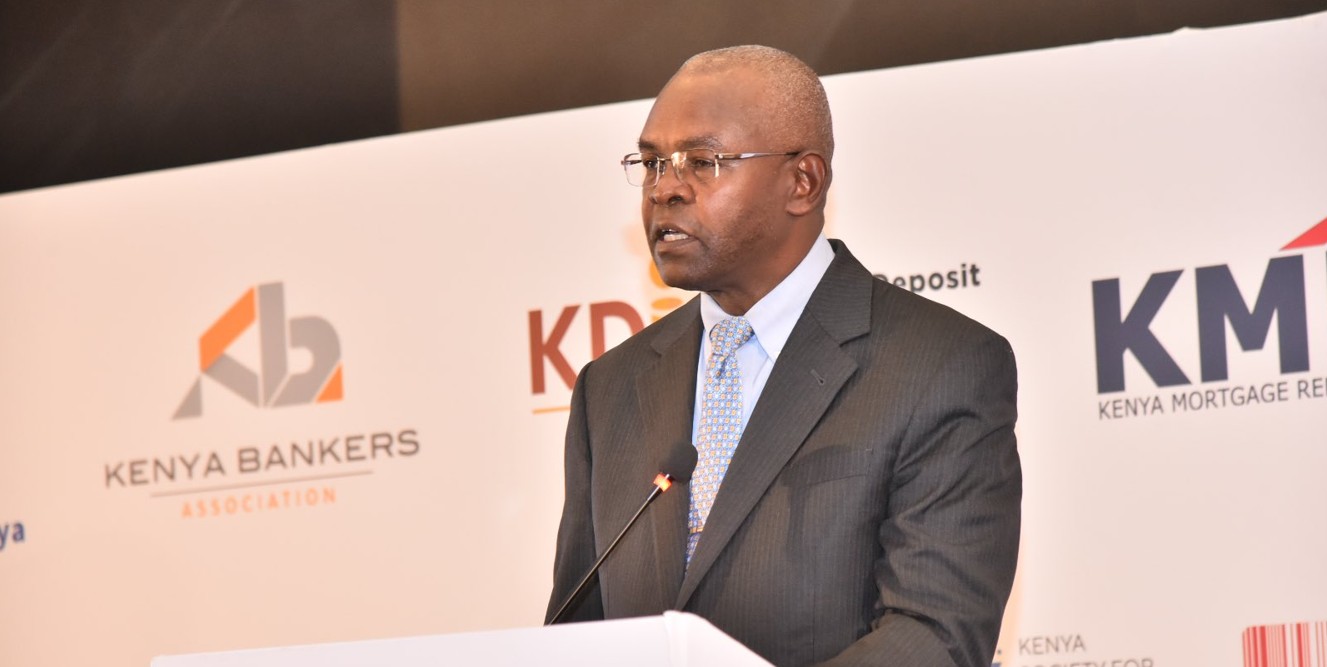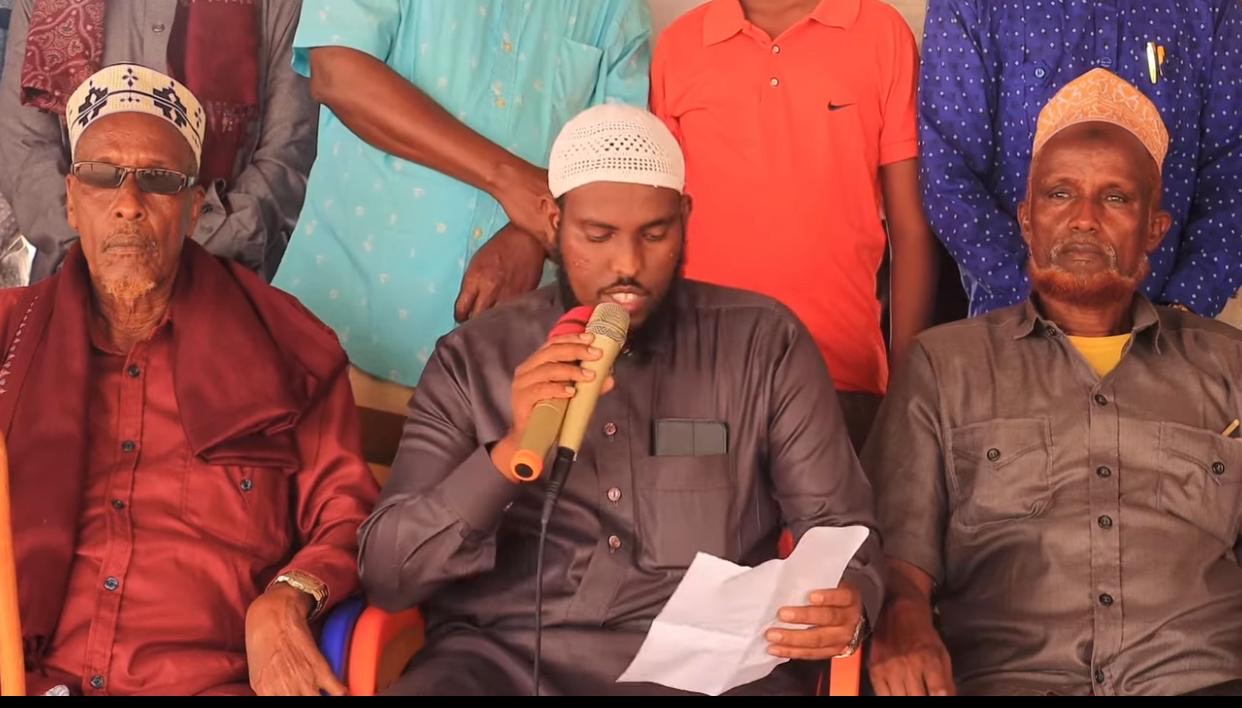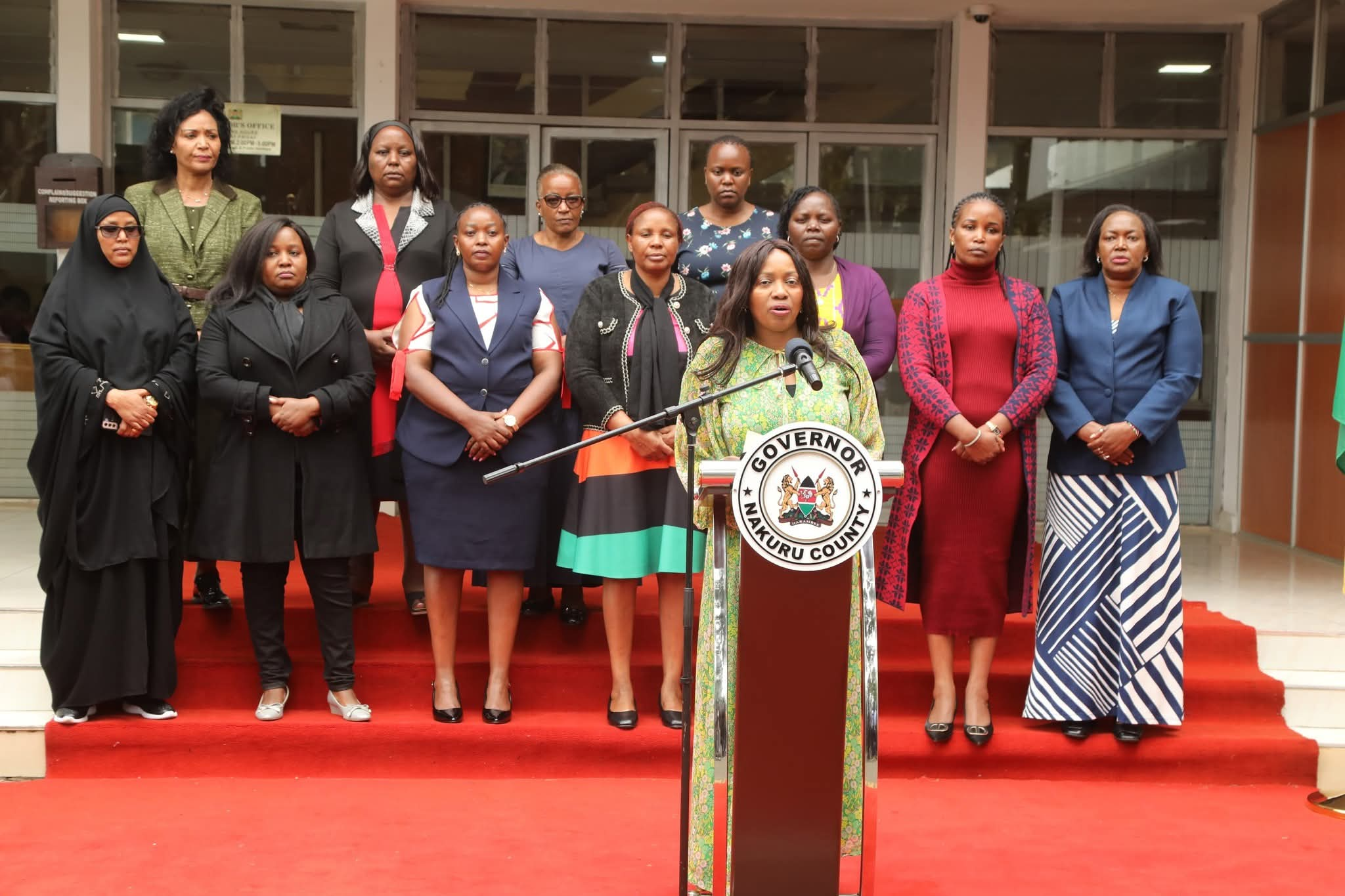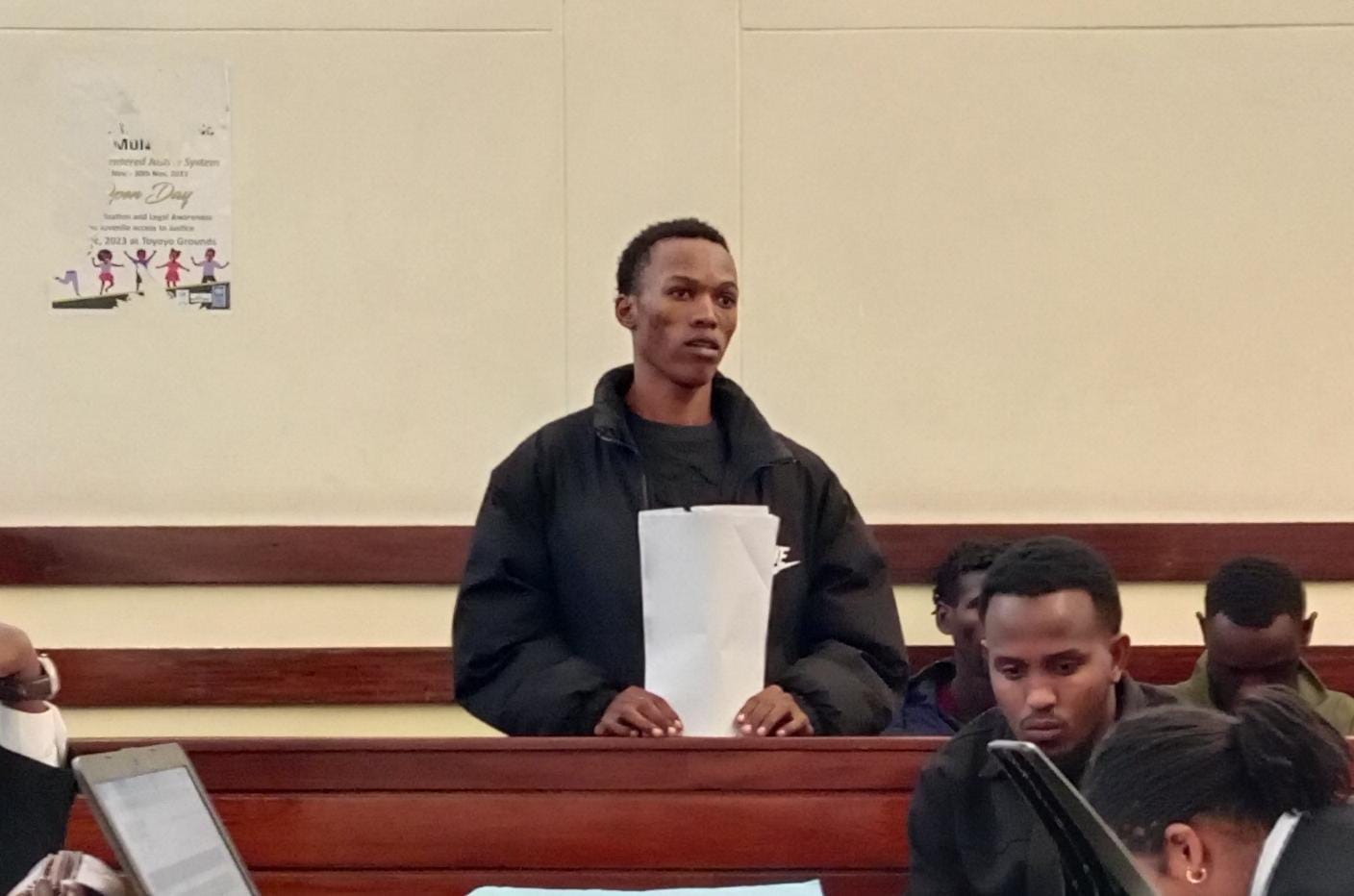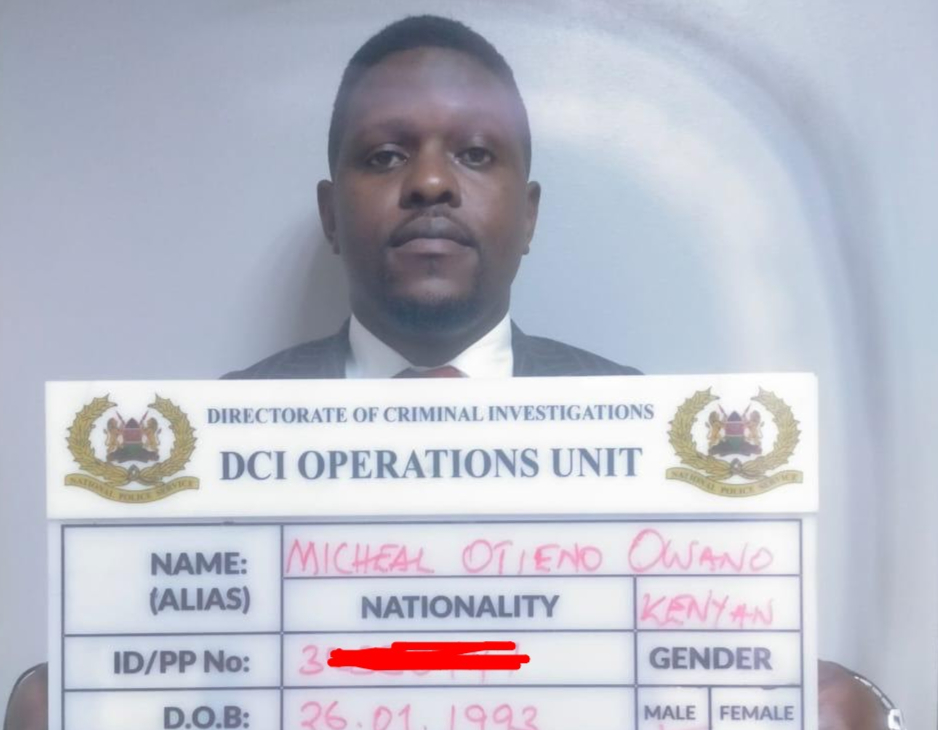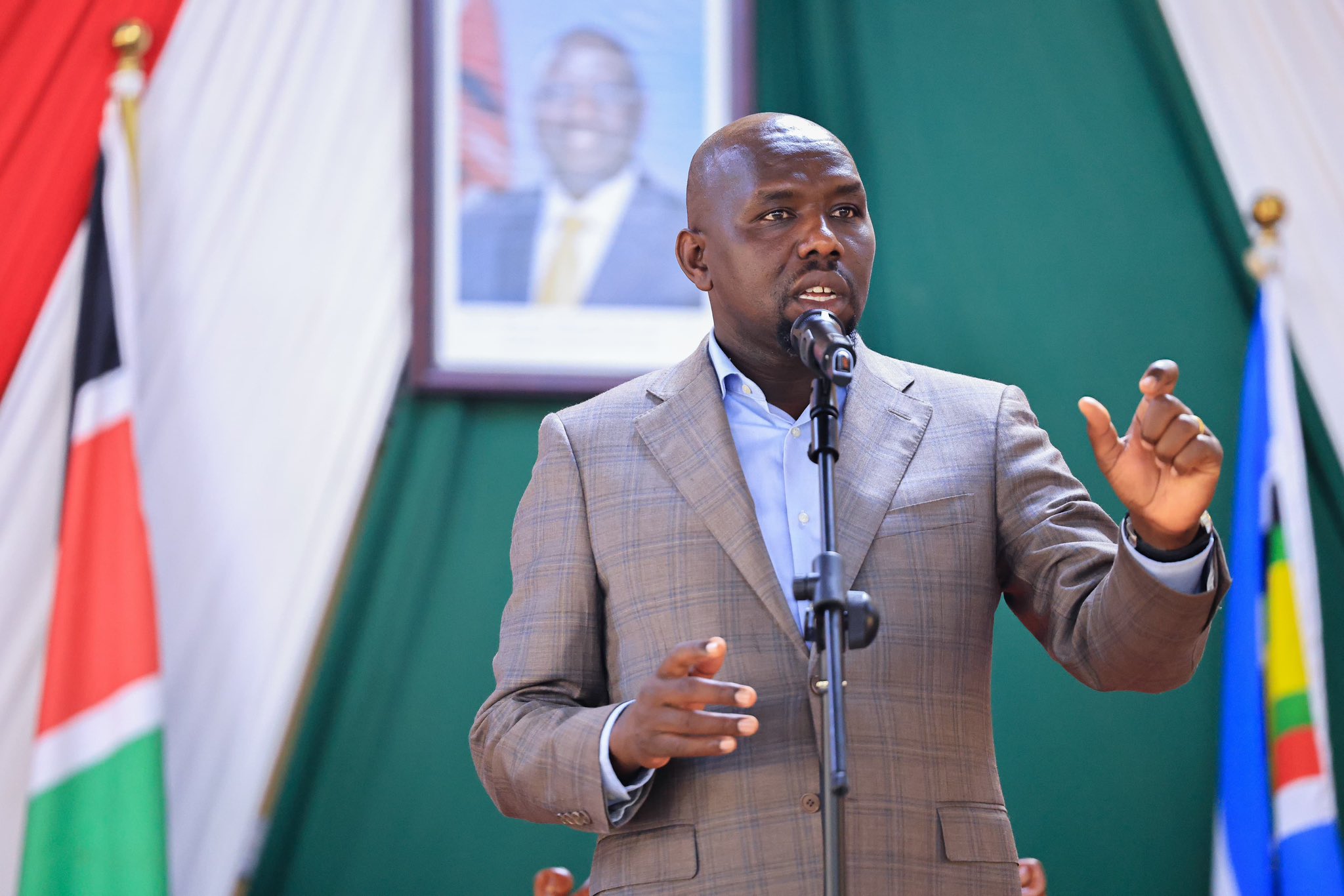Proposed Equalisation Fund Bill aims to address regional disparities

The primary objective of the Equalisation Fund is to provide essential services such as water, roads, healthcare, and electricity to marginalised regions, including the North Eastern counties of Garissa, Wajir and Mandera.
The Departmental Committee on Finance and National Planning held a public participation session on Thursday to discuss the Equalisation Fund (Administration Bill), 2023.
Sponsored by Senator Ali Roba of Mandera, who is the Chairperson of the Standing Committee on Finance and Budget, the Bill seeks to create a framework for the management of the Equalisation Fund as required by Article 204 of the Constitution.
More To Read
- Opinion: Kenyans must shun retrogressive hatred arising from revenue-sharing debate
- Senator Ali Roba’s UDM Party seeks to catapult northern Kenya to national politics
- Ramadhani Bungale named UDM secretary-general
- Stalled county headquarters: Senators demand action for five regions
- Mandera Senator Ali calls for urgent assistance as El Nino ravages Northeastern region
- Ali Roba raises concerns over parliamentary committee's potential referendum preparations
The fund will be financed by one-half per cent of the national government's annual revenue, based on the most recent audited accounts.
The primary objective of the Equalisation Fund is to provide essential services such as water, roads, healthcare, and electricity to marginalised regions, including the North Eastern counties of Garissa, Wajir and Mandera.
It further seeks to bring these services in line with and on par with those available in other areas of the country, thus addressing disparities between different regions of Kenya.
Ali Roba, while serving as Mandera County Governor, accused the committee of taking time to pass the bill.
"What we are witnessing are bureaucrats sitting in Nairobi and making decisions that are badly affecting us," he said.
During the Thursday session, several stakeholders voiced their concerns and suggestions. The Law Society of Kenya, represented by Vice President Mwaura Kabata, highlighted the risk of potential misuse of the fund.
The stakeholders acknowledged the potential of the Bill to reduce economic imbalances but warned that it might lead to financial irresponsibility among some county governments. They suggested that wealth and income transfers from wealthier regions to those in need could be considered at a higher level of government to promote economic fairness.
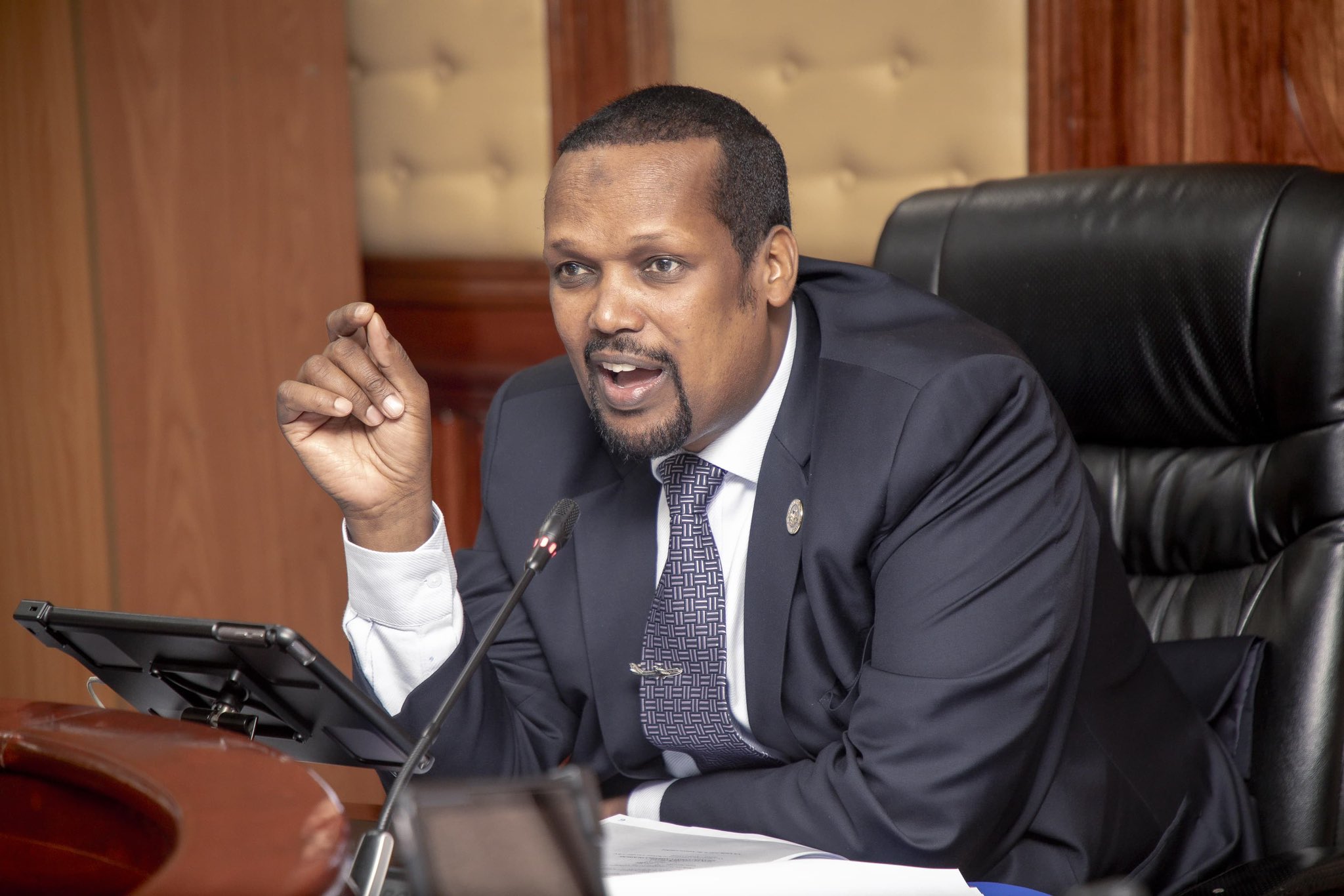 Mandera Senator Ali Roba. (Photo: X/Ali Roba)
Mandera Senator Ali Roba. (Photo: X/Ali Roba)
The Office of the Budget Controller recommended that the bill include provisions for independent evaluations of project outcomes. These evaluations would aid in guaranteeing accountability and transparency in the utilisation of the fund.
It also stressed the importance of clearly defining the roles of the national and county governments to avoid any overlap or confusion in the management of the fund.
The Council of Governors expressed strong support for the Bill, emphasising its importance in achieving its intended objectives. However, CoG voiced frustration that, despite the fund's establishment 14 years ago, it has not yet fulfilled its goals due to delays in disbursing funds to counties.
CoG urged the National Assembly to expedite the approval and release of the remaining funds to eligible counties.
The Equalisation Fund Board also contributed to the discussion, noting that the bill does not adequately address existing administrative and governance challenges. The board pointed out that the Bill proposes extending the fund's duration for another non-renewable 10-year term, set to expire on August 26, 2030.
It further emphasised that Parliament is responsible for extending the fund's lifespan, which should be done through a standalone Bill within 24 months before the deadline, as outlined in Article 204(6) of the Constitution.
Mrs. Mary Chebukati, Chairperson of the Commission on Revenue Allocation, highlighted the need for the Bill to ensure that all projects funded by the Equalisation Fund align with county development plans.
She also called for the establishment of clear procedures to address disputes or complaints related to the fund's management or project implementation.
Top Stories Today
